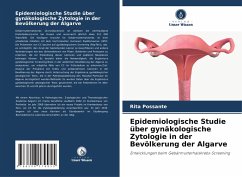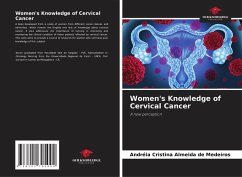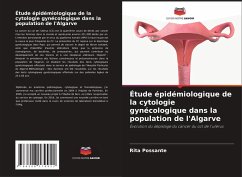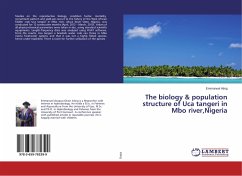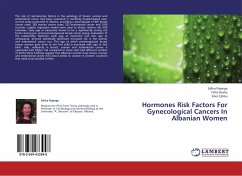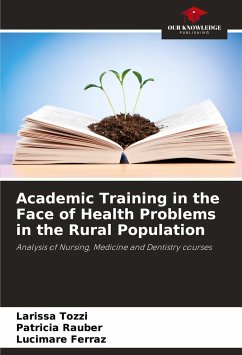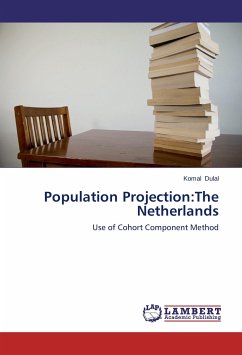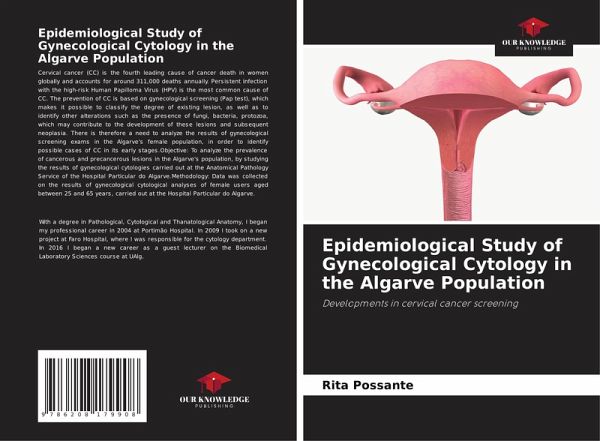
Epidemiological Study of Gynecological Cytology in the Algarve Population
Developments in cervical cancer screening
Versandkostenfrei!
Versandfertig in 6-10 Tagen
29,99 €
inkl. MwSt.

PAYBACK Punkte
15 °P sammeln!
Cervical cancer (CC) is the fourth leading cause of cancer death in women globally and accounts for around 311,000 deaths annually. Persistent infection with the high-risk Human Papilloma Virus (HPV) is the most common cause of CC. The prevention of CC is based on gynecological screening (Pap test), which makes it possible to classify the degree of existing lesion, as well as to identify other alterations such as the presence of fungi, bacteria, protozoa, which may contribute to the development of these lesions and subsequent neoplasia. There is therefore a need to analyze the results of gynec...
Cervical cancer (CC) is the fourth leading cause of cancer death in women globally and accounts for around 311,000 deaths annually. Persistent infection with the high-risk Human Papilloma Virus (HPV) is the most common cause of CC. The prevention of CC is based on gynecological screening (Pap test), which makes it possible to classify the degree of existing lesion, as well as to identify other alterations such as the presence of fungi, bacteria, protozoa, which may contribute to the development of these lesions and subsequent neoplasia. There is therefore a need to analyze the results of gynecological screening exams in the Algarve's female population, in order to identify possible cases of CC in its early stages.Objective: To analyze the prevalence of cancerous and precancerous lesions in the Algarve's population, by studying the results of gynecological cytologies carried out at the Anatomical Pathology Service of the Hospital Particular do Algarve.Methodology: Data was collected on the results of gynecological cytological analyses of female users aged between 25 and 65 years, carried out at the Hospital Particular do Algarve.






